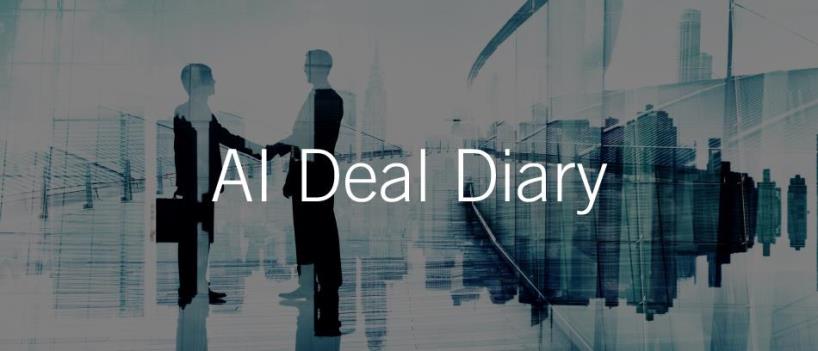
Conducting effective due diligence and mitigating post-acquisition risk
By Christopher Benjamin and Katharina Hoefs, Associates at Stevens & Bolton LLP
Why change a winning formula? It has recently been reported that Cadbury experienced a £6m dip in sales on its renowned Crème Egg following a change in recipe from Dairy Milk to a different mix of chocolate. Despite Cadbury’s assertion that the Crème Egg has only been made using Dairy Milk chocolate in six out of its forty five year history, this case shows how decisions made following acquisition (Cadbury was acquired by American multinational Kraft Foods) can have a significant effect on the newly acquired company post-completion. Did a post-acquisition business decision around lowering costs of production of the Crème Egg overlook the long-standing public attachment and loyalty to an existing product, and was this an issue that Kraft could have identified at a commercial and cultural level during the acquisition process?
Most buyers seek to mitigate risk in M&A by considering a mixture of commercial, financial, tax and legal due diligence with warranties and indemnities in the legal documentation. Due diligence helps the buyer to gain a clear understanding of the target business before it is committed to the deal. Warranties and indemnities provide post-acquisition financial compensation if the buyer finds that that the target’s position in areas covered is not as held out to be by the sellers.
The Cadbury example perhaps highlights a less obvious area for due diligence focus. Would more deals be viewed as successful if greater attention was paid to gaining an understanding of the target company’s culture?
Commercial due diligence will often seek to identify customer attitudes, but asking the right question is of course essential. The same goes for speaking with the seller and other members of the target’s staff – albeit that access may be closely controlled in this area. Where the target is a consumer business, identifying consumer attitudes generally will also be valuable. When it comes to culture, due diligence is likely to be much more useful to a buyer than trying to frame and negotiate warranties to cover all possible risks. Beyond culture, other sudden shifts in corporate behaviour following an acquisition can be equally damaging. Seeking to harmonise or otherwise update staff employment terms or customer/supplier trading terms can also backfire if poorly managed.
These issues also highlight for sellers the risk in agreeing that some of the sale price for their company is deferred, particularly if that deferred payment depends upon the post-acquisition performance of the sold business. The sellers may then have little or no control over the performance of the business post-completion.
For lawyers, of course, deferring some of the purchase price may make sense, de-risking the deal if post-acquisition performance can contribute towards the justification of that price. Earn-out deals are still quite common, particularly where some or all sellers are to stay with the target business, either because they want to or because the buyer requires that to ensure that goodwill effectively transfers.
Typically measured over two or three years, an earnout structure attaches some of the purchase price to
the post-acquisition profit as revenues of the target.
Common issues include:
• The importance of defining clearly the process for calculating the financial performance to be measured, including dispute resolution procedures should sellers and buyer disagree.
• Negotiation over the extent to which the sellers should be protected against buyer actions which might adversely impact on post-acquisition performance. Examples include management changes, stripping out cash, diversion of business or staff resources away from the target business, competitive acquisition of other buyer group businesses, even selling the target business during the earn-out period. For its part, the buyer may be content to confirm that it will not take any action intended to damage the earn-out, but it will be nervous about accepting other restrictions and its freedom to operate group companies.
As in business generally, risk for sellers and buyers in M&A transactions can never be eliminated entirely. However, a thorough approach – both commercially and legally – to due diligence, the acquisition process and integration planning and implementation will give the best chance of completing successful deals.





















